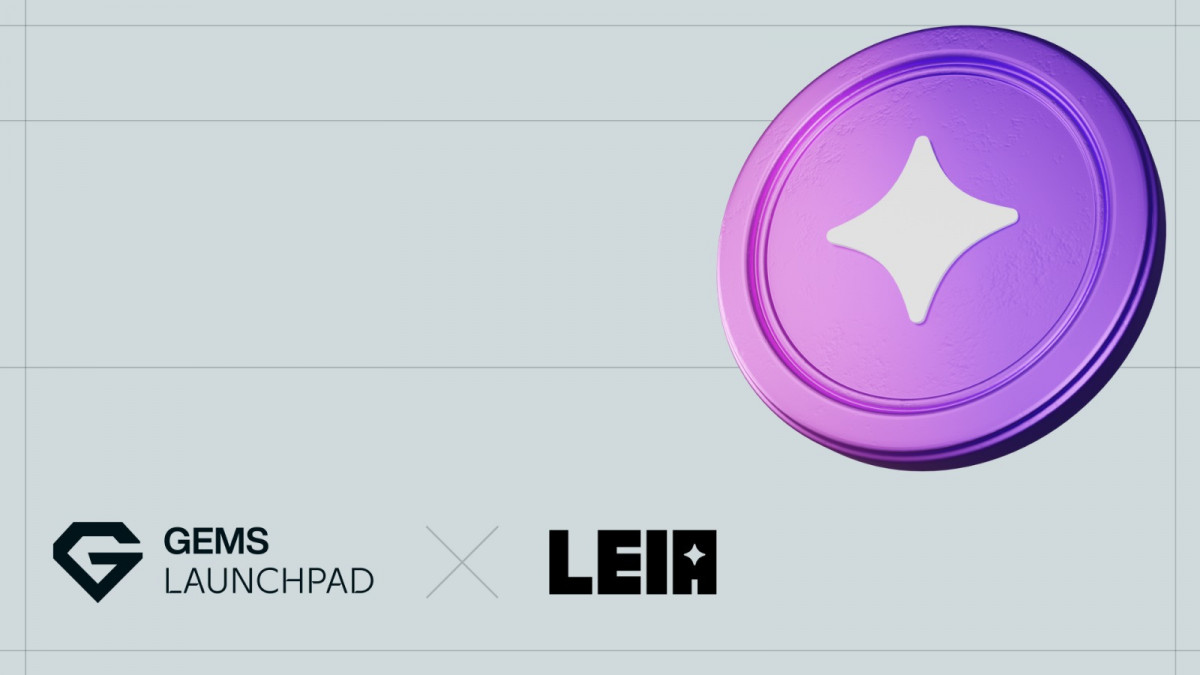Ethereum (ETH) developers confirmed the successful completion of the prerequisites — shadow forks — required for the highly anticipated blockchain upgrade, The Merge.
Shadow forks help developers stress test synchronization assumptions to ensure network safety during permanent upgrades. In light of The Merge, Ethereum developers implemented the first shadow fork on Apr. 11, 2022.
Nearly six months in, Ethereum research and engineering company Nethermind confirmed that the transition in Mainnet-Shadowfork-13 — the last shadow fork — was successful, signaling the readiness of the network for migrating to a proof-of-stake (PoS) consensus mechanism.
Transition in Mainnet-Shadowfork-13 (the last shadowfork before The Merge) was successful for all Nethermind nodes!#TheMerge #Ethereum #Nethermind #MSF13 pic.twitter.com/sddPPwSR1u
— Nethermind (@nethermindeth) September 9, 2022
The testnet allowed Ethereum developers to practice running nodes, deploying contracts and testing the infrastructure, among other functionalities. As a result, shadow forks allow developers to gauge the implications of network upgrades before they happen.
As part of the upgrade, the community needs to update their Ethereum clients and run the combination of an execution layer and consensus layer.
Related: The Merge: Top 5 misconceptions about the anticipated Ethereum upgrade
The CEO of crypto exchange BitMEX, Alexander Höptner, highlighted the need for paying close attention during the Ethereum upgrade to avoid service downtime.
Speaking to Cointelegraph, Höptner explained:
“You have to be just, let’s say, awake and see what happens. There’s a chance for high volatility. And so you have to make sure that your services are up and running. […] We don’t expect any major disruptions outside of volatility.”
The CEO further stated that the success of The Merge would be dependent on the support of the community.
Read More: cointelegraph.com









 Bitcoin
Bitcoin  Ethereum
Ethereum  Tether
Tether  XRP
XRP  Solana
Solana  Dogecoin
Dogecoin  USDC
USDC  Cardano
Cardano  Lido Staked Ether
Lido Staked Ether  TRON
TRON  Avalanche
Avalanche  Sui
Sui  Wrapped stETH
Wrapped stETH  Toncoin
Toncoin  Chainlink
Chainlink  Shiba Inu
Shiba Inu  Wrapped Bitcoin
Wrapped Bitcoin  Stellar
Stellar  Hedera
Hedera  Polkadot
Polkadot  WETH
WETH  Bitcoin Cash
Bitcoin Cash  LEO Token
LEO Token  Uniswap
Uniswap  Hyperliquid
Hyperliquid  Litecoin
Litecoin  Pepe
Pepe  Wrapped eETH
Wrapped eETH  NEAR Protocol
NEAR Protocol  Ethena USDe
Ethena USDe  USDS
USDS  Internet Computer
Internet Computer  Aptos
Aptos  Aave
Aave  Mantle
Mantle  Cronos
Cronos  Render
Render  POL (ex-MATIC)
POL (ex-MATIC)  MANTRA
MANTRA  Ethereum Classic
Ethereum Classic  Bittensor
Bittensor  Monero
Monero  WhiteBIT Coin
WhiteBIT Coin  Virtuals Protocol
Virtuals Protocol  Artificial Superintelligence Alliance
Artificial Superintelligence Alliance  Dai
Dai  Tokenize Xchange
Tokenize Xchange